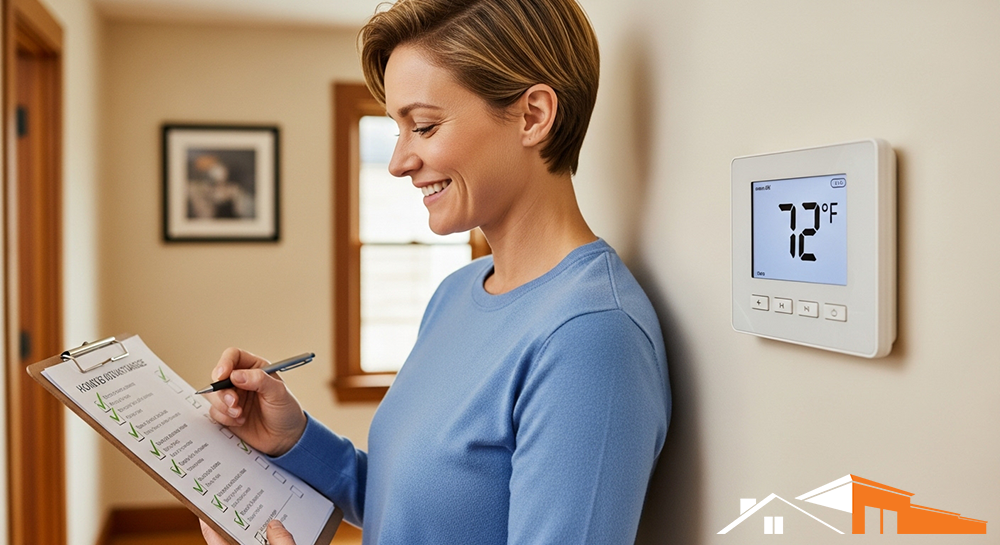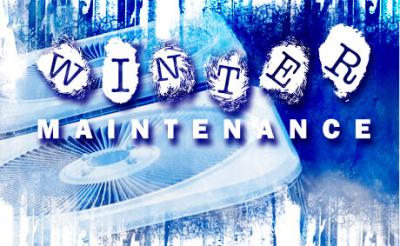As the cold weather approaches, ensuring your home’s central heating system is in top shape is one of the most important steps you can take to stay warm and avoid costly surprises. A little preparation now can help you save energy, prevent breakdowns, and ensure comfort all season long. Here are seven essential things every homeowner should check before winter sets in.

Test Your Heating System Early
Don’t wait for the first freezing night to find out your furnace or boiler isn’t working. Turn on your heat now to make sure it starts up smoothly. Listen for any unusual noises, such as banging, rattling, or whistling, and make sure warm air is coming through your vents or radiators evenly. If something seems off, schedule a professional inspection right away.
Replace or Clean Air Filters
Dirty or clogged filters make your heating system work harder, reducing efficiency and air quality. Check your filters monthly during the heating season, and replace them at least every 1–3 months, depending on the type and your home’s air quality. Clean filters help your system run more efficiently and can even lower your energy bills.
Inspect Your Thermostat
A malfunctioning thermostat can make your home uncomfortable and waste energy. Test it by raising the temperature a few degrees to see if your furnace responds. If it doesn’t, you may need new batteries or calibration. Consider upgrading to a programmable or smart thermostat, which allows you to automatically adjust heating schedules and save on costs.
Check Your Vents and Radiators
Make sure all vents, baseboards, and radiators are clean and unobstructed by furniture, curtains, or dust. Proper airflow is key to even heating throughout your home. If you notice cold spots or weak airflow, it might indicate a ductwork issue or trapped air that needs bleeding in radiator systems.
Inspect for Drafts and Insulate
Even the most efficient heating system can’t keep up if your home leaks warm air. Check around windows, doors, and attic hatches for drafts. Seal gaps with weatherstripping or caulk and consider adding insulation in attics or basements. This not only keeps your home warmer but also helps reduce heating costs.
Schedule a Professional Tune-Up
Having your heating system inspected by a certified HVAC technician before winter is the best way to prevent mid-season breakdowns. A professional can check for leaks, clean internal components, test safety controls, and ensure your system is operating at peak efficiency. Many companies offer annual maintenance plans that can save you money and stress in the long run.
Check Your Carbon Monoxide Detectors
If you have a gas furnace or boiler, carbon monoxide (CO) safety is crucial. Test your detectors, replace batteries if needed, and make sure you have at least one CO detector on each level of your home. This small step could save lives.

